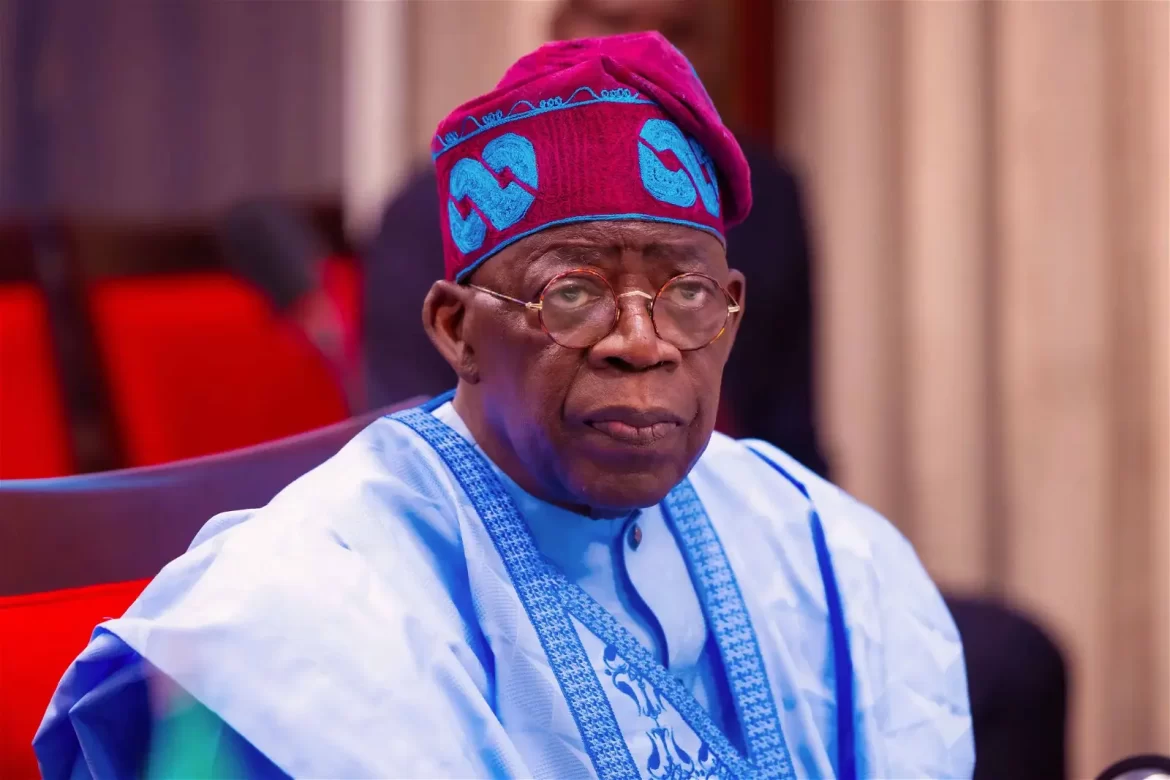1.2K
By Myke Agunwa
The lawmaker representing Borno South Senatorial District, Ali Ndume, has commended President Bola Tinubu over the introduction of Renewed Hope Nigeria First Policy, aimed at repositioning the country’s economy through import substitution and embargo on the importation of goods that can be sourced locally.
President Bola Tinubu had during the Federal Executive Council meeting on Monday at the Council Chambers, mandated all federal ministries, departments and agencies to give absolute priority to Nigerian goods, services and know‑how when spending public funds.
Reacting to the development, the former Chief Whip of the Senate in a statement in Abuja on Tuesday, described the move as a bold initiative that would go a long way in promoting indigenous entrepreneurs, boost the local economy and generate employment for Nigerians.
The lawmaker r also urged the Federal Government to impose heavy taxes on some of the foreign goods to discourage Nigerians from buying them and patronize locally produced items.
He said: “It is heartwarming to hear that President Tinubu has taken this bold decision to ban imported goods that can be produced locally. This will be a major boost for indigenous businesses amid the slipping Nigerian economy.
“If implemented faithfully, it will shield our local producers striving to find their feet from being choked out of existence by established foreign investors who flood our market, unhindered, with goods that are cheaper and even substandard.
“With protection of local industries, there will be employment for our employable youths, the measure will also boost our Gross Domestic Product and the value of Naira will appreciate as there will be less strain on our foreign reserves, since the demand for foreign exchange by importers of such foreign goods would drastically reduce.”
Over the years, the Nigerian market has become saturated with foreign goods and services, many of which are readily produced or can be sourced locally. This unchecked influx of imports has turned the country into a dumping ground for substandard or surplus products from other nations, often sold at lower prices due to mass production and foreign government subsidies.
As a result, local manufacturers struggle to compete, facing rising production costs, limited access to finance, and low patronage. Many have been forced to shut down or scale back operations, leading to job losses and reduced industrial growth. The dominance of foreign brands in sectors like agriculture, textiles, consumer goods, and electronics has significantly undermined Nigeria’s self-sufficiency and economic resilience.
President Bola Tinubu’s embargo seeks to reverse this trend by encouraging the consumption of locally made products, protecting domestic industries, boosting employment, and fostering sustainable national development through homegrown production.



